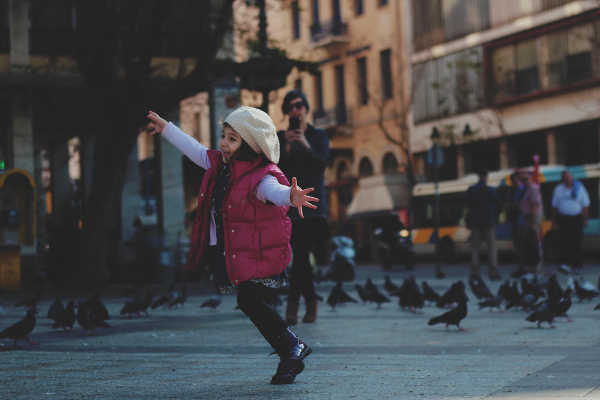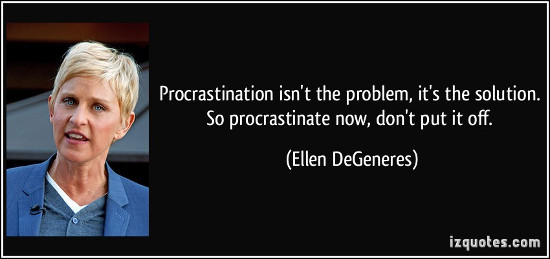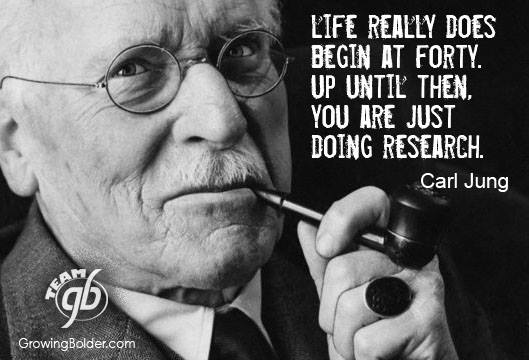Everyone wants to be happy. Emmy van Deurzen asks
Is happiness possible? Or even, is happiness desirable?
For most people, it is. Every magazine I know, has at least one article about “how to be happy”. But what is happiness?
According to wikipedia, “Happiness is a mental or emotional state of well-being characterized by positive or pleasant emotions ranging from contentment to intense joy”. It is also mentioned, that “happiness is a fuzzy concept and can mean many different things to many people.” True, that. It could be having what I want, feeling good, having a good time, a state of bliss etc.
Whatever happiness is, we have made it such a big deal. Happiness is a nasty goal, for happiness only lasts for no more than a couple of hours. No one is happy all the time (and if you know one, maybe he’s on something). Aim for happiness and you’ll probably be disappointed.
Happiness, for me, is something internal. Like a state of mind which you either have or haven’t. And it comes from having a purpose in life, doing things that have a deeper meaning for you. Because meaning lasts, happiness doesn’t, as recent research shows. Of course, van Deurzen is right when she says to have little goals that you can achieve in a rather short amount of time, or you may be lost on the way. It’s crucial that you can meet up the challenges life throws your way.
To get back to what I was saying about every magazine I know (and their 10 do-this-and-you’ll-be-happier lists), they seem to imply that happiness is the basic step and everything else will follow. If I am happier, things will be better. Isn’t that a bit off? Of course our stances and moods colour our worldviews, but you can’t just start being happy. Lists tell you to exercise, to meditate, to cut down on your facebook time, to laugh. Well, shouldn’t these behaviours derive from being happy rather than be the prerequisite of happiness? This has always been very confusing for me.
Sure, there’s biology and endorphins and getting out of your house to jog, will, eventually, bring you some highs. But lows are around the corner if you’re not pre-happy. Pre-happy, meaning being in a state of a somewhat internal bliss. But even that, is not always possible. Life’s full of difficulties and agony and happy-go-lucky lists tend to forget that. It’s like you have to ignore the hardships, but how is that doable? And why would we want that? Our lives are full of conflicts and loss and pain. And getting through these hard steps makes us grow. So, it seems more important to build resilience, than happiness. At least it seems more important to me, because the hards are always there and wishing to just be happy is like wishing for the weather to always be sunny. Impossible.
Being cured of all difficulties is the death of possibility and creativity
says van Deurzen and I couldn’t agree more. If nothing changes, nothing new is born.
You can’t eliminate problems, but you can learn how to thrive upon them”
(to quote Emmy van Deurzen yet again), and that what’s therapy is all about.
I hope you know I don’t have something against happiness, I, too, want to be happy. But I don’t want happiness to be my only goal. I want to love the life I’m living, I want meaning, I want to have a life with a sense of fulfillment at the very end. And you can only achieve this by finding what really is important for you, what matters to you and then find a way to live by this. Of course it’s not always easy, but it actually worths the try.
Apart from my “I’ve had it with happiness talk”, this post is hugely inspired by and based on Emmy van Deurzen’s book “Psychotherapy and the Quest for Happiness”. You can find a relative slideshow here.

photo from six nights project, by Katerina Paspaliari
Discuss it on reddit.


